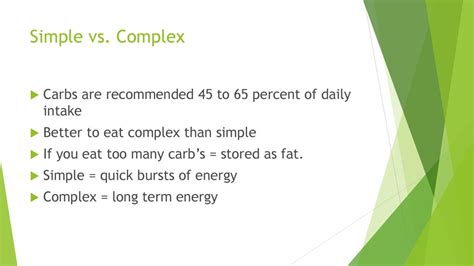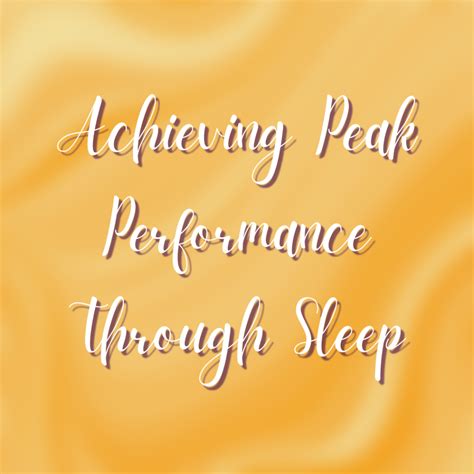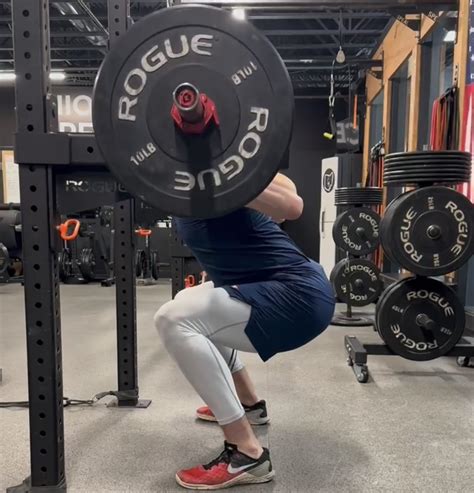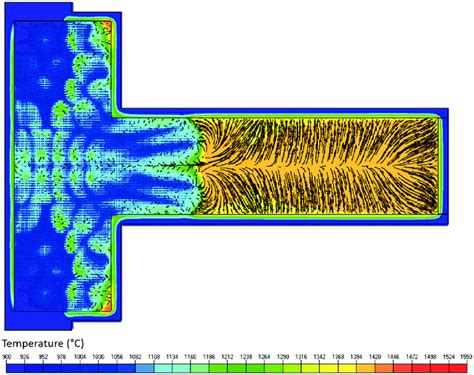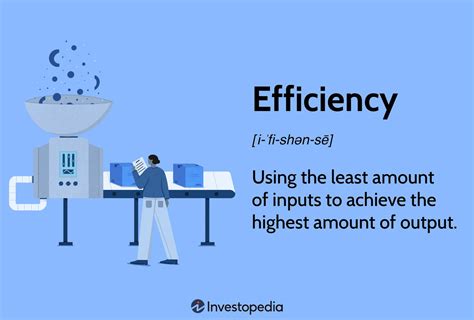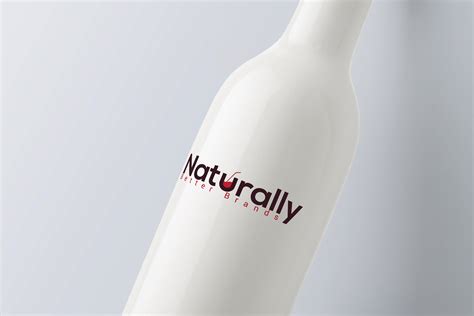Optimize male T-levels & energy: top natural strategies?

Understanding the Importance of Testosterone and Energy
As men age, or even due to modern lifestyle factors, testosterone levels can naturally decline, often leading to a cascade of unwelcome symptoms including decreased energy, reduced libido, mood changes, and difficulty building muscle. While various medical interventions exist, many men are seeking natural, sustainable strategies to optimize their T-levels and reclaim their vitality. This article explores top natural approaches that can significantly impact both your hormonal balance and overall energy.

The Power of a Nutrient-Rich Diet
What you eat plays a foundational role in hormone production. A diet rich in whole, unprocessed foods can provide the necessary building blocks for testosterone synthesis and support overall energy metabolism.
- Healthy Fats: Don’t fear fats! Monounsaturated and polyunsaturated fats (found in avocados, nuts, olive oil, and fatty fish) are crucial for hormone production. Saturated fats in moderation from quality sources can also be beneficial.
- Zinc-Rich Foods: Zinc is a vital mineral directly involved in testosterone production. Incorporate foods like oysters, red meat, poultry, beans, and nuts into your diet.
- Vitamin D: Often called the ‘sunshine vitamin,’ Vitamin D acts as a steroid hormone in the body and is strongly linked to testosterone levels. Good sources include fatty fish, fortified dairy, and safe sun exposure.
- Cruciferous Vegetables: Broccoli, cauliflower, and kale contain compounds that help your body metabolize estrogen, which can in turn support healthy testosterone levels.
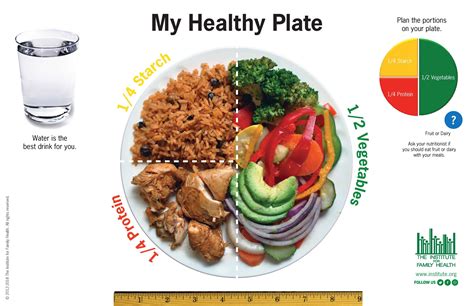
Strategic Exercise for Hormonal Health
Physical activity, especially certain types, is a potent natural booster for testosterone and energy levels.
- Strength Training: Lifting weights, particularly compound exercises like squats, deadlifts, bench presses, and rows, stimulates a significant hormonal response, including an increase in testosterone and growth hormone. Aim for 3-4 sessions per week.
- High-Intensity Interval Training (HIIT): Short bursts of intense exercise followed by brief recovery periods have been shown to boost testosterone and improve cardiovascular health.
- Avoid Overtraining: While exercise is good, excessive endurance training or overtraining without adequate recovery can actually decrease testosterone and increase cortisol (a stress hormone). Listen to your body and prioritize recovery.

Prioritize Quality Sleep
Sleep is not merely rest; it’s a critical period for hormonal regulation and recovery. Chronic sleep deprivation can significantly lower testosterone levels.
- Aim for 7-9 Hours: Most men need 7-9 hours of quality sleep per night. Hormonal production, including testosterone, often peaks during deep sleep cycles.
- Establish a Sleep Schedule: Go to bed and wake up at roughly the same time each day, even on weekends, to regulate your circadian rhythm.
- Optimize Your Sleep Environment: Ensure your bedroom is dark, quiet, and cool. Avoid screens (phones, tablets, TV) for at least an hour before bed.

Effective Stress Management Techniques
Chronic stress leads to elevated cortisol levels, which can suppress testosterone production and drain your energy reserves. Managing stress is paramount for hormonal balance.
- Mindfulness and Meditation: Regular practice can reduce cortisol and promote a sense of calm.
- Deep Breathing Exercises: Simple techniques can quickly activate the parasympathetic nervous system, counteracting stress.
- Hobbies and Relaxation: Engage in activities you enjoy – reading, spending time in nature, listening to music – to de-stress.
Smart Supplementation (When Necessary)
While a whole-food diet is primary, certain natural supplements can offer additional support, especially if you have deficiencies or specific needs. Always consult with a healthcare professional before starting any new supplement regimen.
- Vitamin D3: If sun exposure is limited, a high-quality D3 supplement (with K2 for better absorption) can be beneficial.
- Zinc and Magnesium: Often deficient in modern diets, these minerals are crucial for various bodily functions, including hormone synthesis.
- Ashwagandha: This adaptogenic herb has been shown to reduce cortisol and, in some studies, improve testosterone levels and reduce stress.
- Fenugreek: Some research suggests fenugreek may help improve testosterone levels and libido.
![[4400+] Nature Wallpapers | Wallpapers.com](/images/aHR0cHM6Ly90czQubW0uYmluZy5uZXQvdGg/aWQ9T0lQLjNHZUloM1YyNVVKc3Z5MGRXV0VxX1FIYUZmJnBpZD0xNS4x.webp)
Conclusion: A Holistic Approach to Male Vitality
Optimizing male testosterone levels and energy is not about a single magic bullet, but rather a holistic approach that integrates several key lifestyle factors. By prioritizing a nutrient-dense diet, engaging in strategic exercise, ensuring adequate sleep, effectively managing stress, and considering smart supplementation, men can naturally support their hormonal health, reclaim their energy, and enhance their overall quality of life. Consistency and patience are key, and remember that personal results may vary. Consult with your doctor to tailor these strategies to your individual health needs.

